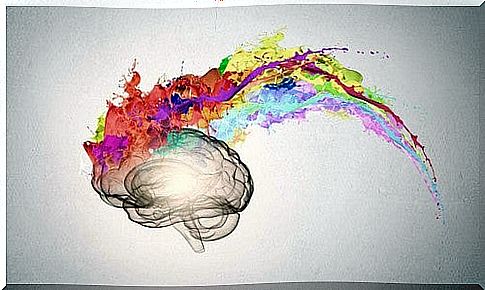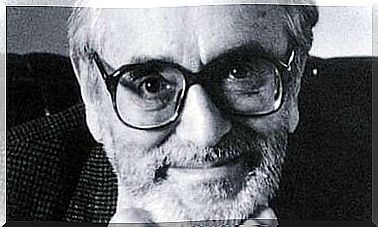Insight Or Revelation: What Is It?

Insight is an English term used in psychology to define the moment in which we become aware or we realize something ; be it our problems (or a once and for all solution), our mood, our emotions, our thoughts, etc.
In many cases we experience a series of moods without being aware of it, we only notice that we experience feelings of discomfort or well-being, but without having a clear idea of how we feel. Just when we are able to understand those emotions or what they have led us to feel, right then we are willing to move on.
Through insight, the subject grasps or understands an unveiled truth. It can happen suddenly, after intense work, or using special techniques.
Definitions of insight throughout history

Gestalt Psychology
From the point of view of Gestalt psychology, it is the ability to grasp how all parts of the problem fit together in order to meet the needs of the goal. This involves reorganizing the elements of the problematic situation and, consequently, solving the problem (R. Mayer, 1986).
Psychodynamic psychology
From the point of view of psychodynamics, insight is the awareness of conflicts of the unconscious, and the adequate understanding of these is the basis of self-knowledge. From this perspective, insight indicates the process within the analytic treatment by which the person is able to penetrate the nature of human conflict.
This connection defines a new approach, a new revelation, with mental contents that until now had been intelligible, thus producing a significant change in the experience. With insight, we create a more sophisticated understanding of our reality in the light of a new context. In the words of Sigmund Freud, it would be the conscious recovery of repressed (unconscious) memories (E. Erikson).
Cognitive-behavioral approach
As a cognitive phenomenon and inherent in this current, isight manifests itself suddenly or abruptly as a response to a given situation. These would be thinking styles or cognitive schemes different from those we already had and which were not sufficient to solve our problems. Thanks to insight, it would therefore seem possible to discover a new way to deal with one’s conflicts.
Types and characteristics of insight
We can talk about three types:
- Intellectual insight. It manifests itself in a rational way. Demonstrates understanding of something on a rational level, but not an emotional and operational awareness of a situation.
- Emotional or visceral insight. It would be what brings a clear awareness, understanding and feeling in the depths of being with respect to the meaning of personal behaviors. In addition, it would make positive personality changes possible.
- Structural insight. It is the conscious or unconscious knowledge of the subject, which acquires, puts into practice and projects knowledge by means of the union of structures.

As for its features:
- Much of this phenomenon occurs unconsciously.
- It usually occurs abruptly.
- It brings the understanding of a situation, a problem or an incomplete or previously non-existent learning.
- The person feels he can raise his level of consciousness, therefore of understanding, with respect to the situation.
Insight: the eureka of psychology
Having the ability to insight or being predisposed to it means discovering that what is on our mind has a name and that we can do something about it.
Coming to insight allows us to acquire a feeling of control that directly affects our confidence. The feeling of control offers us an adequate explanation for our problem. Furthermore, relief is manifested and pushes us to seek a solution, as well as opening the doors to the hope of overcoming the obstacle we face.









